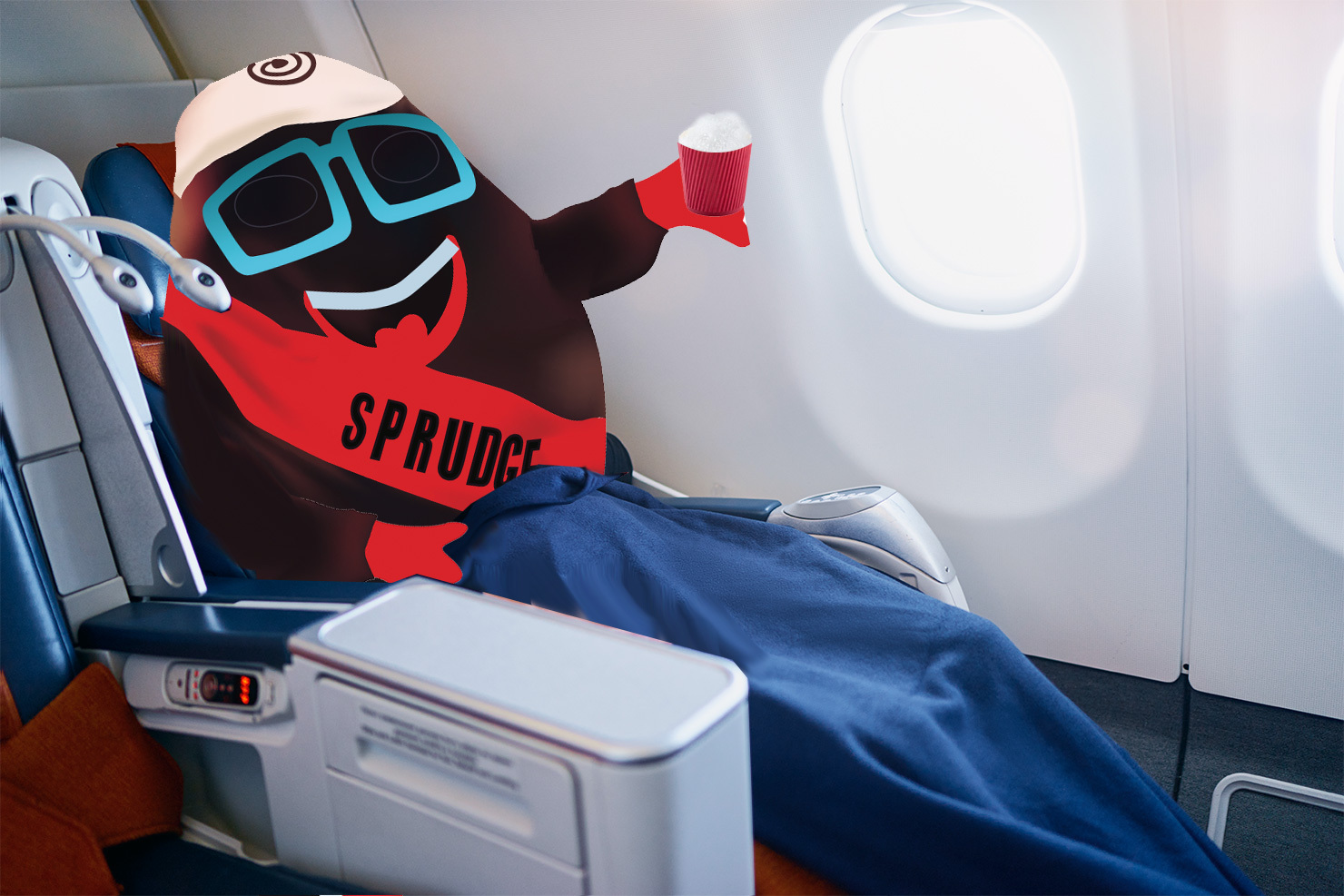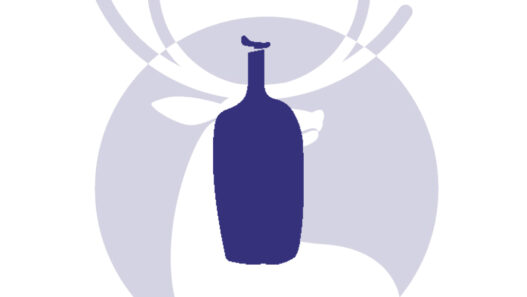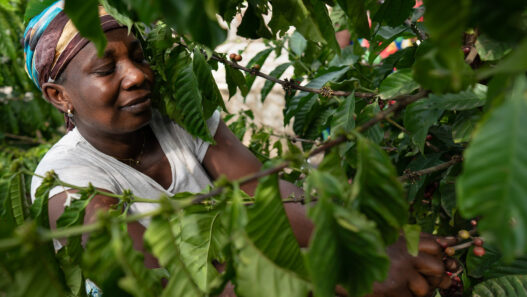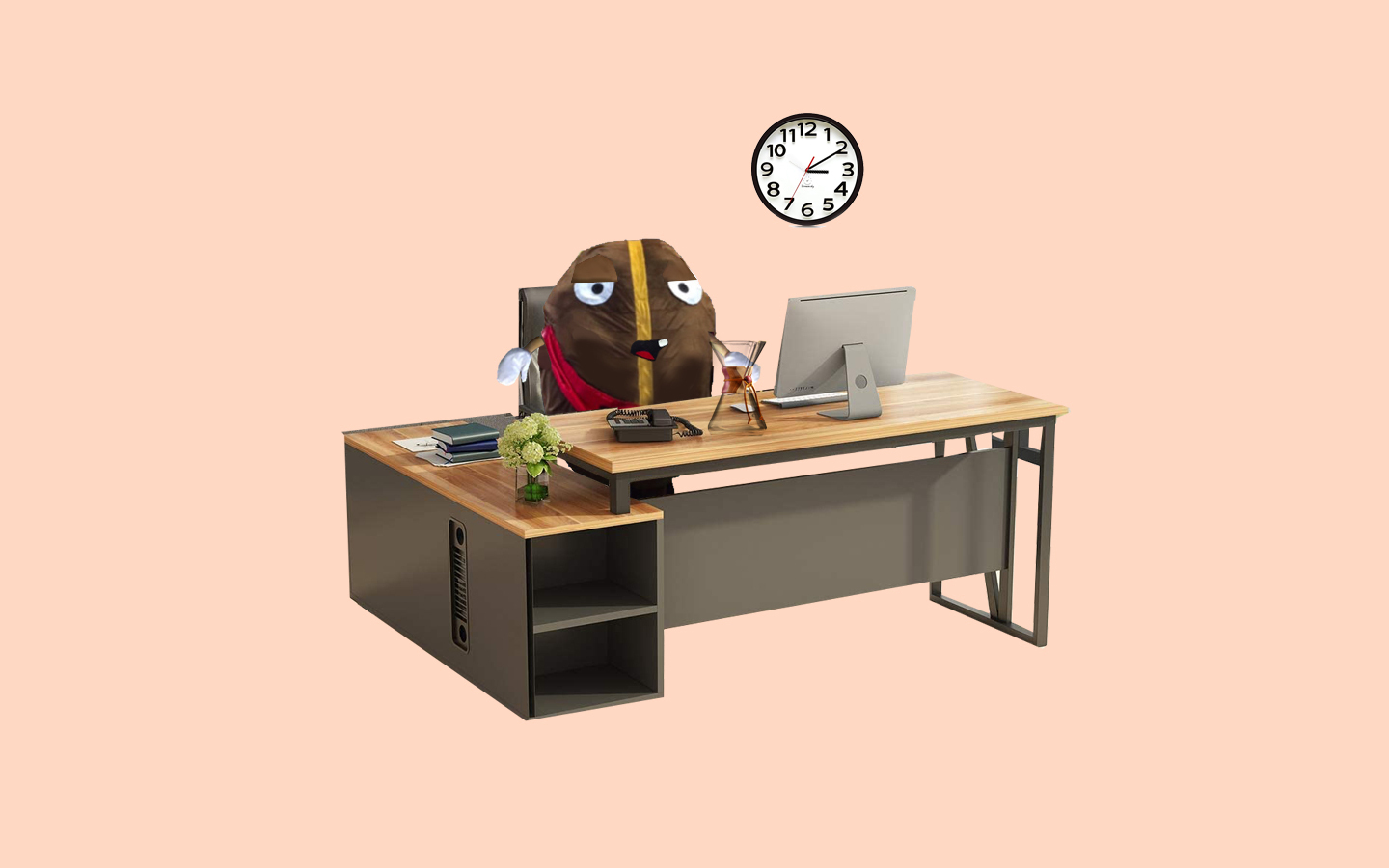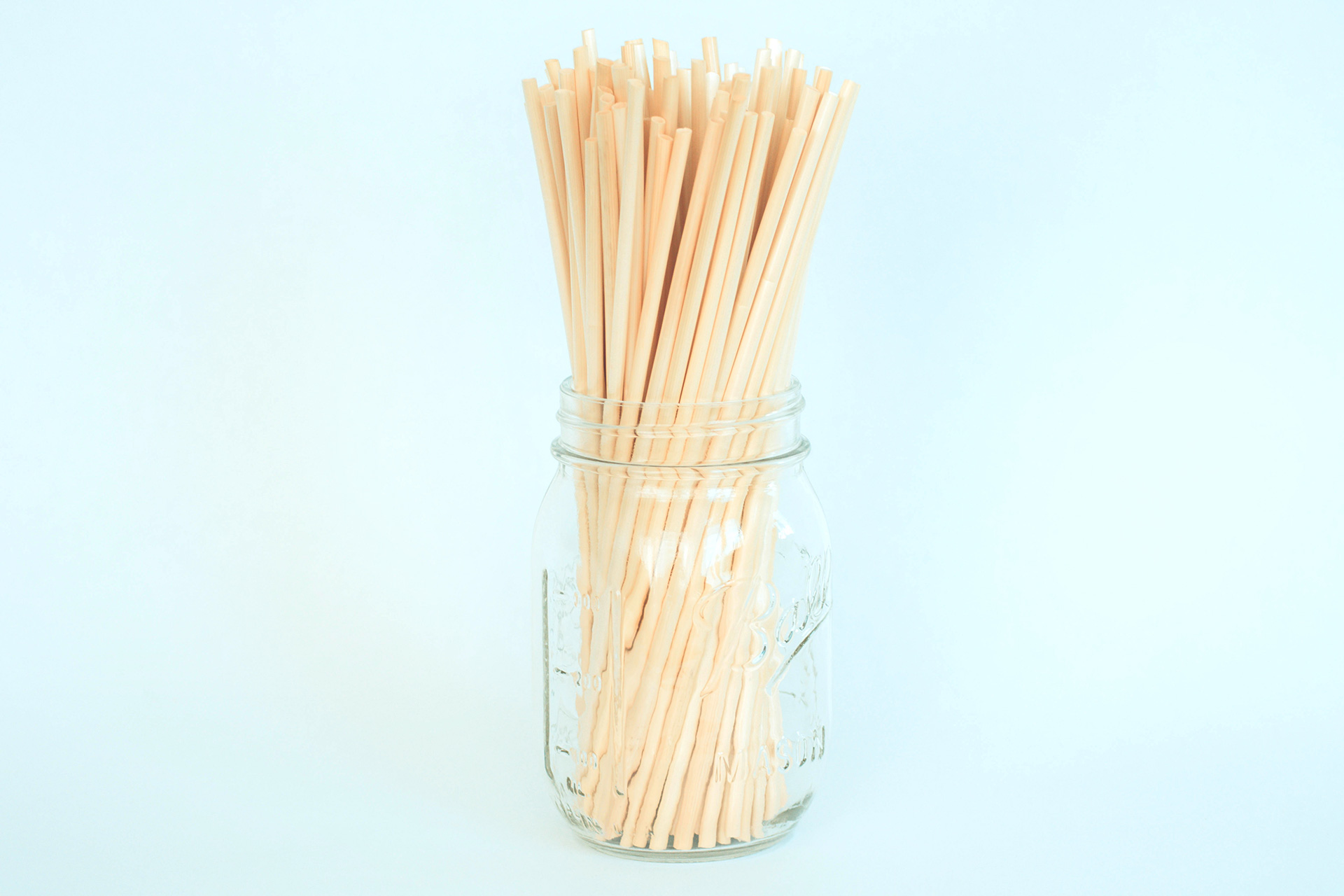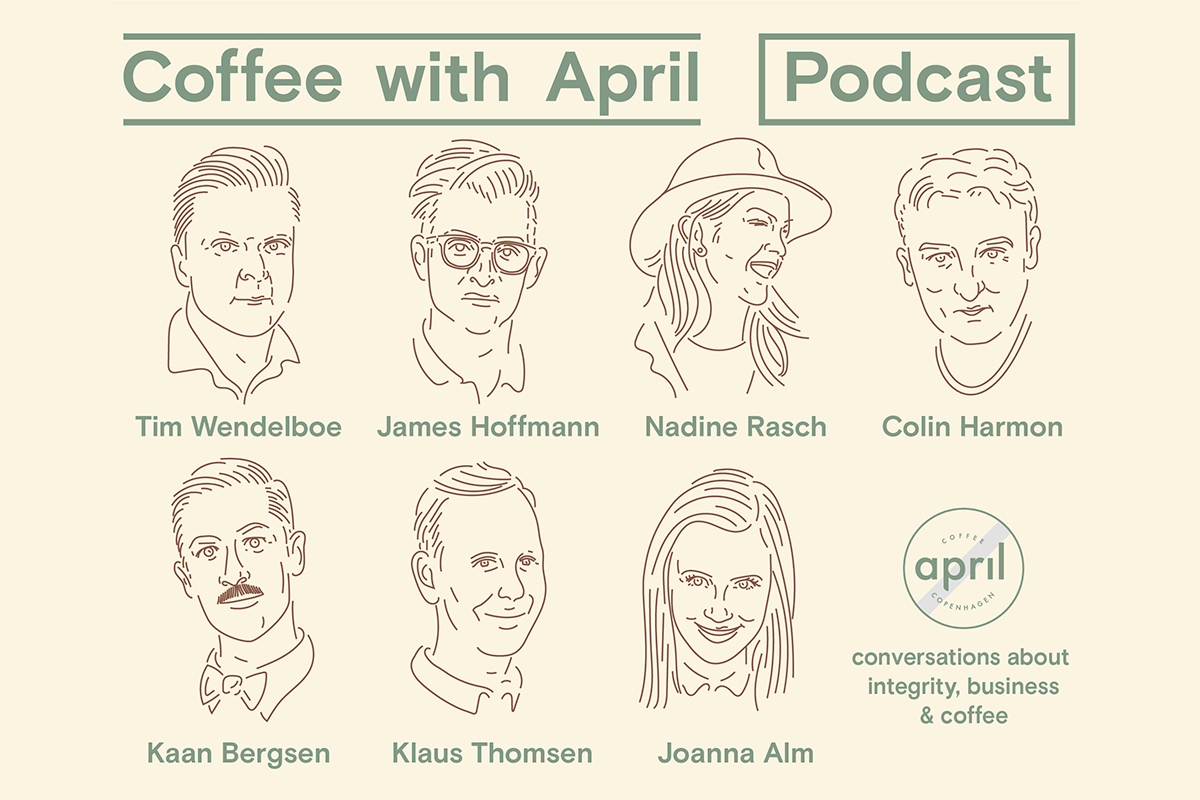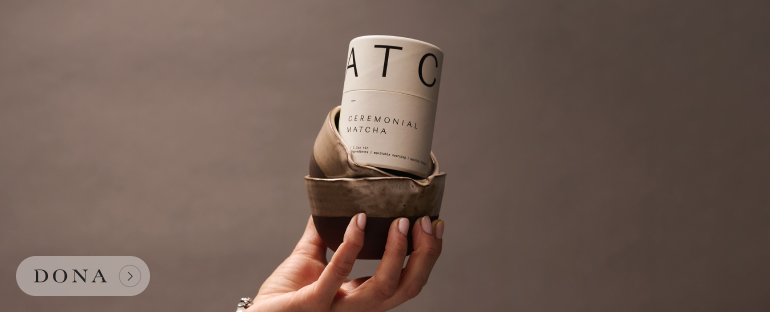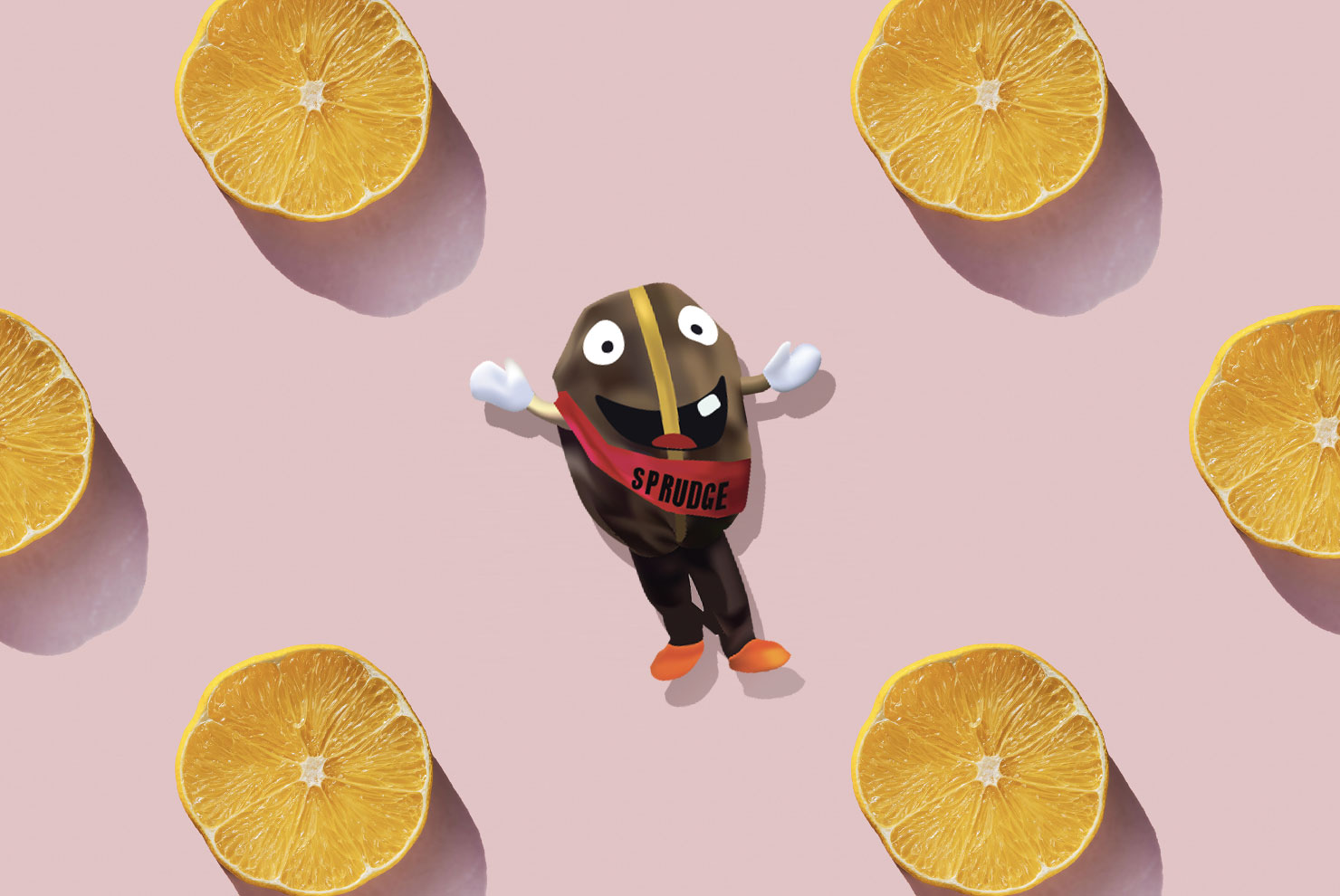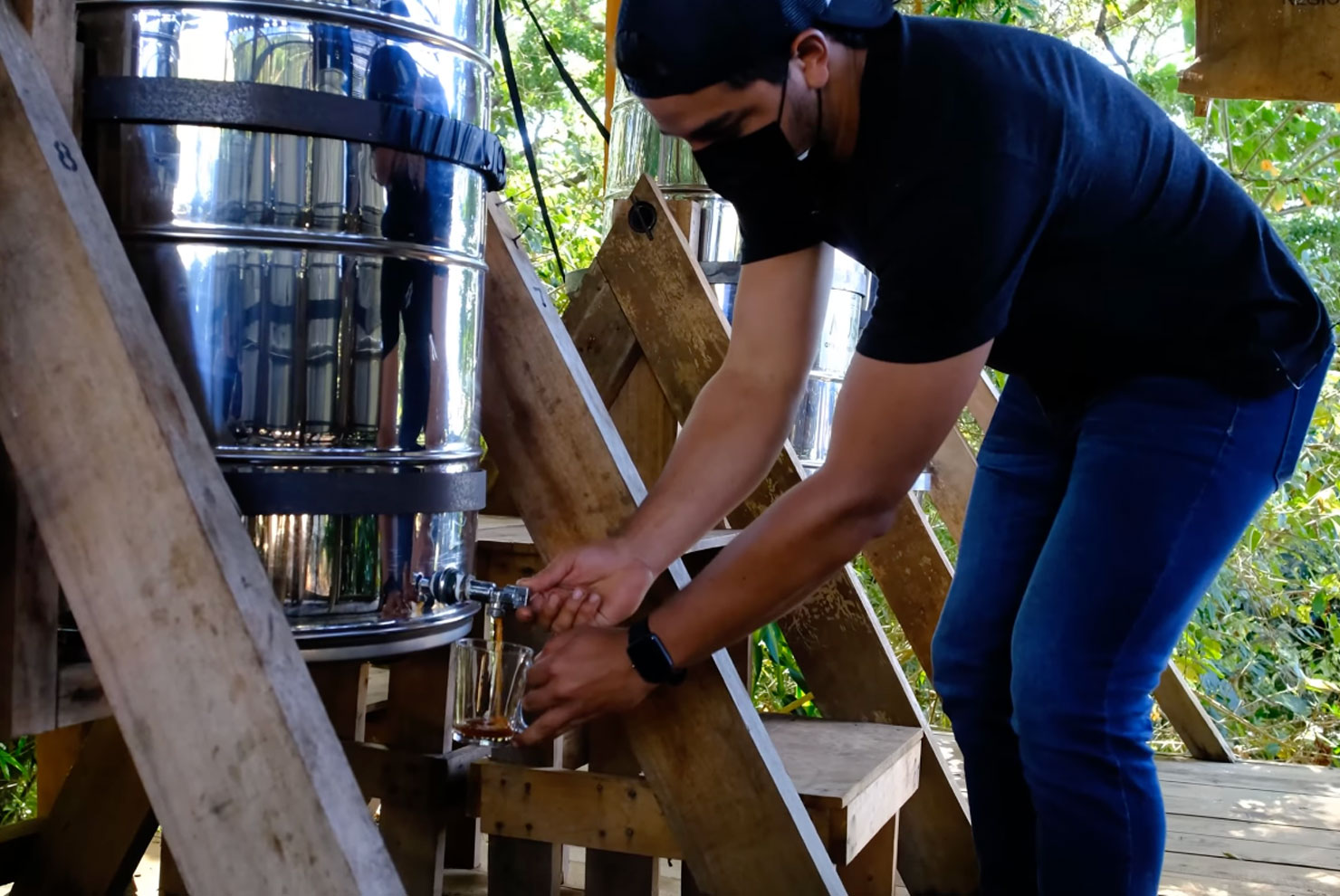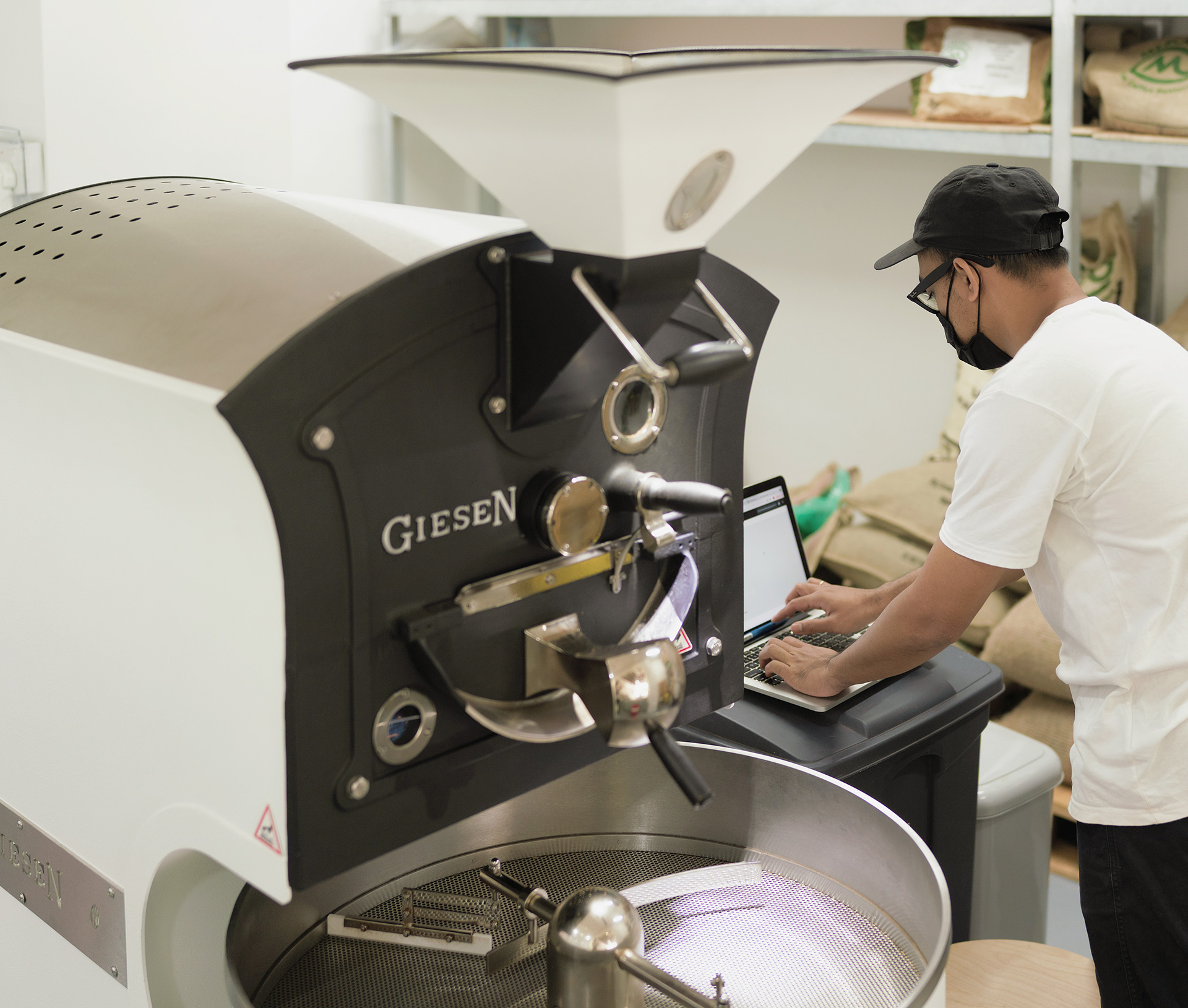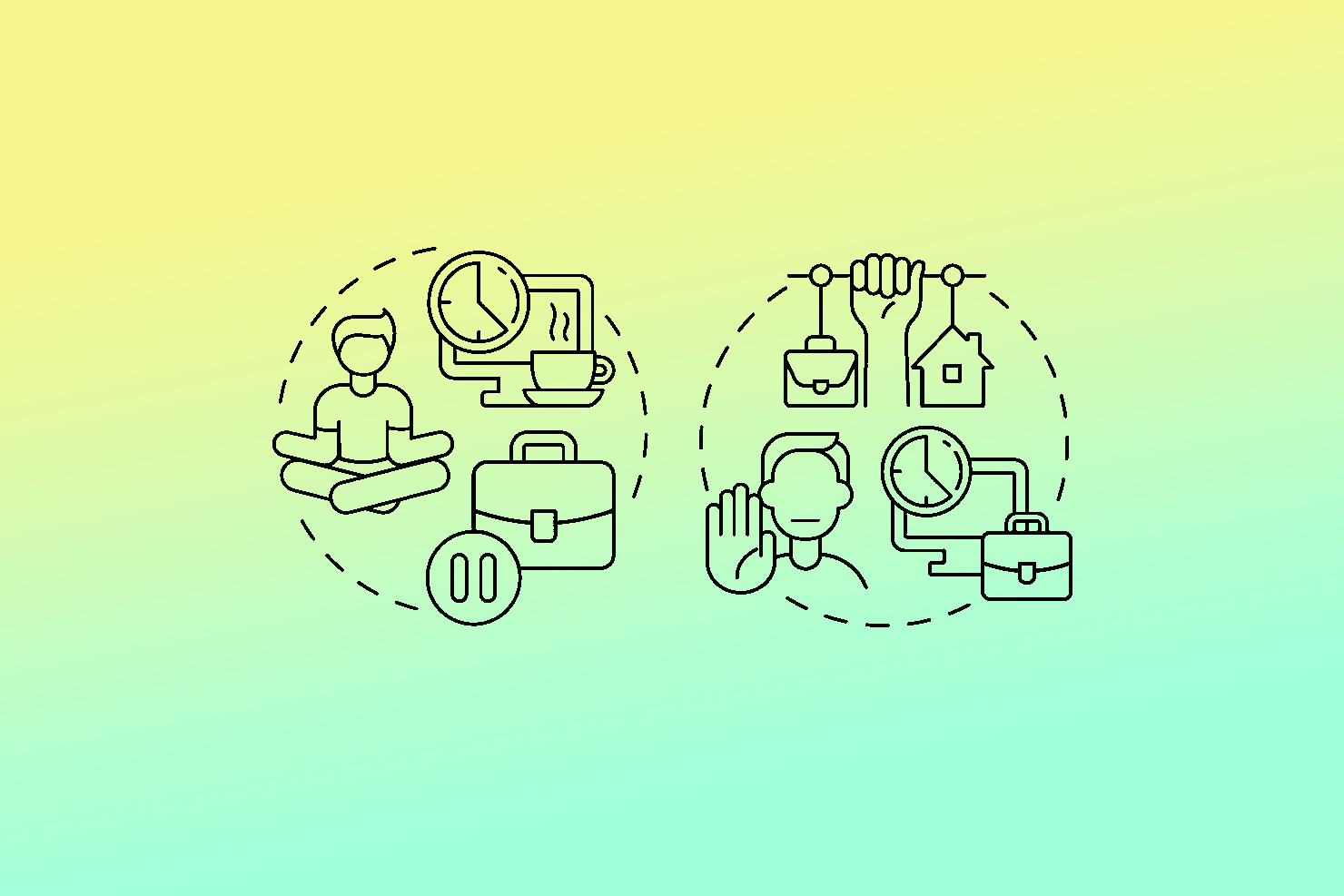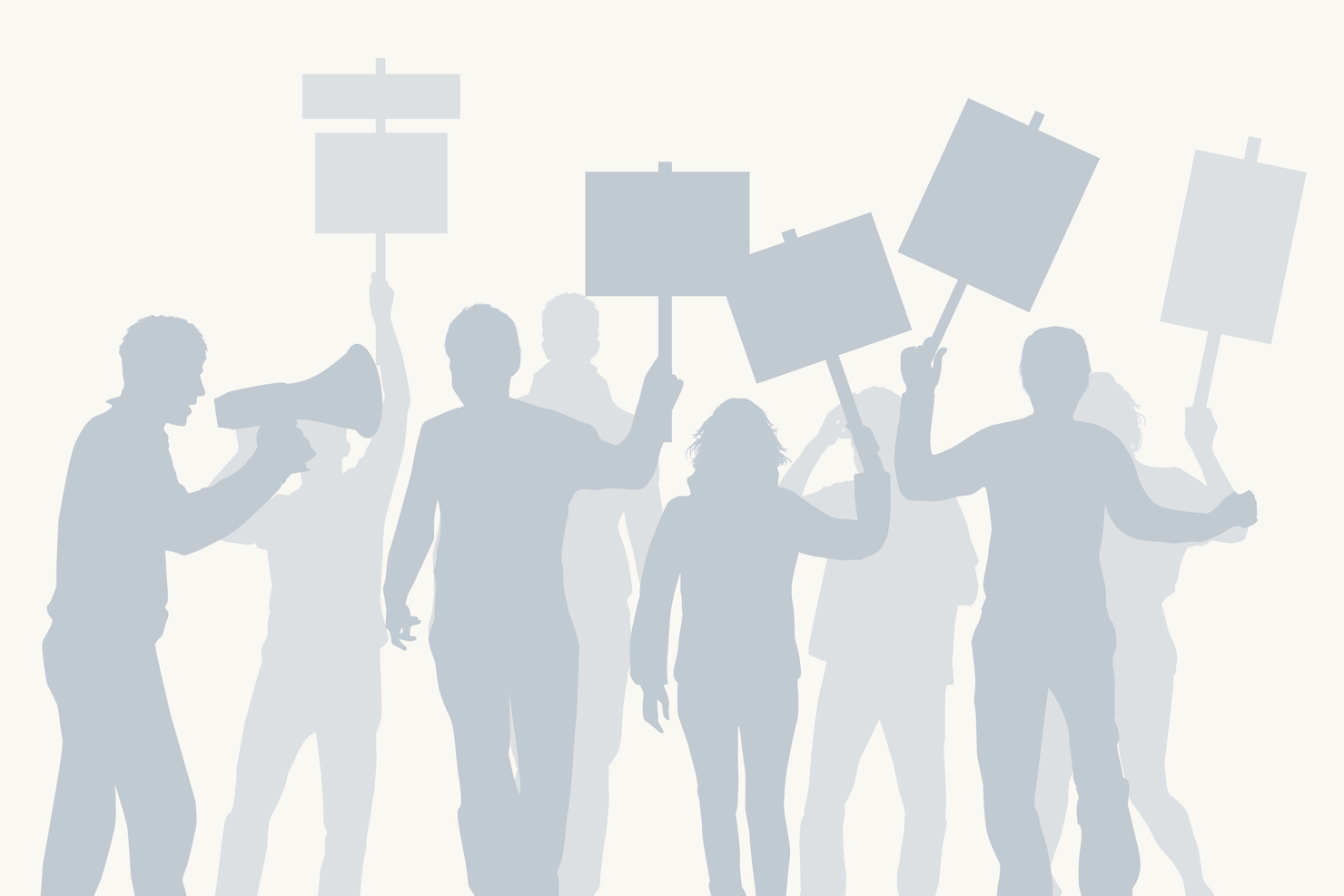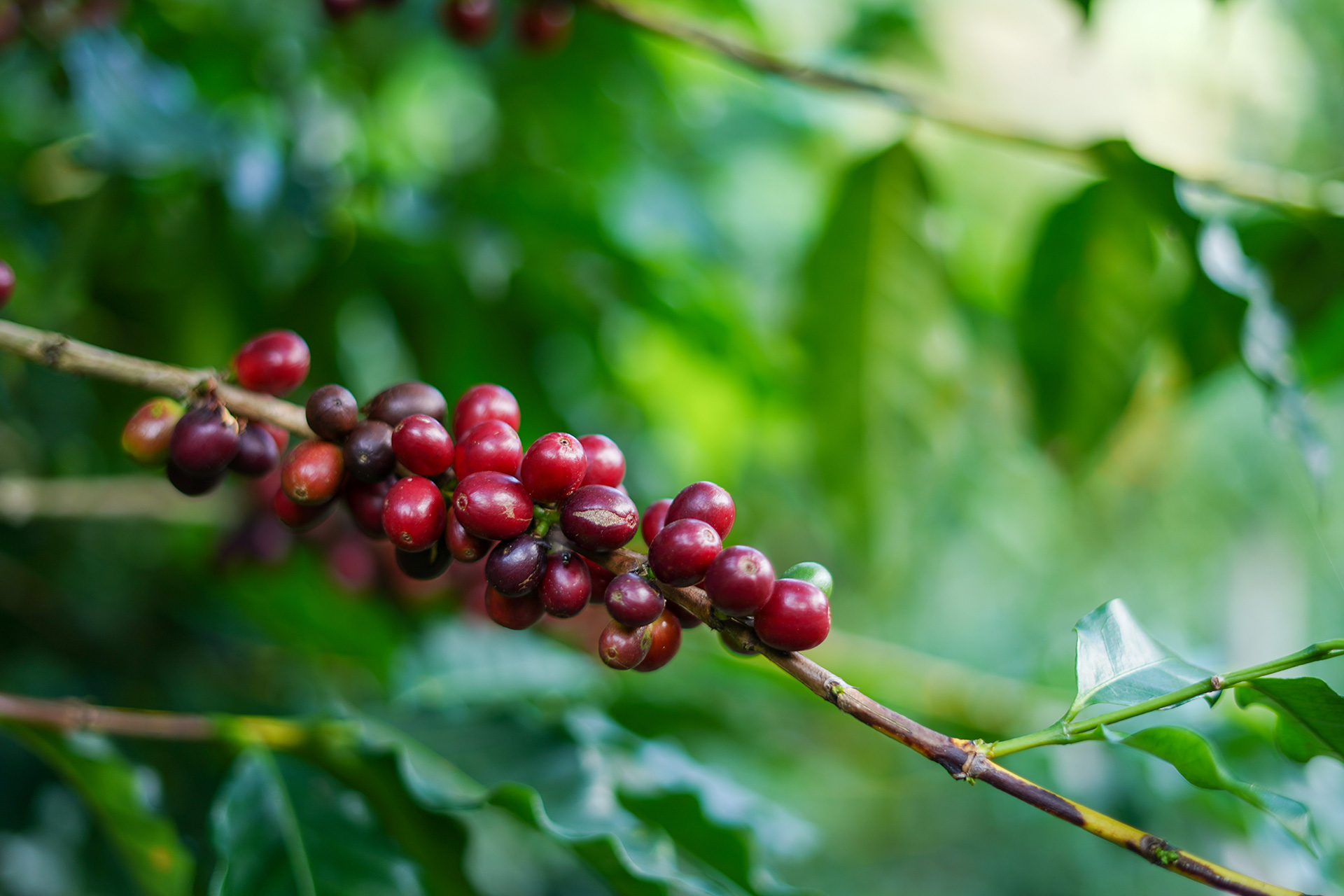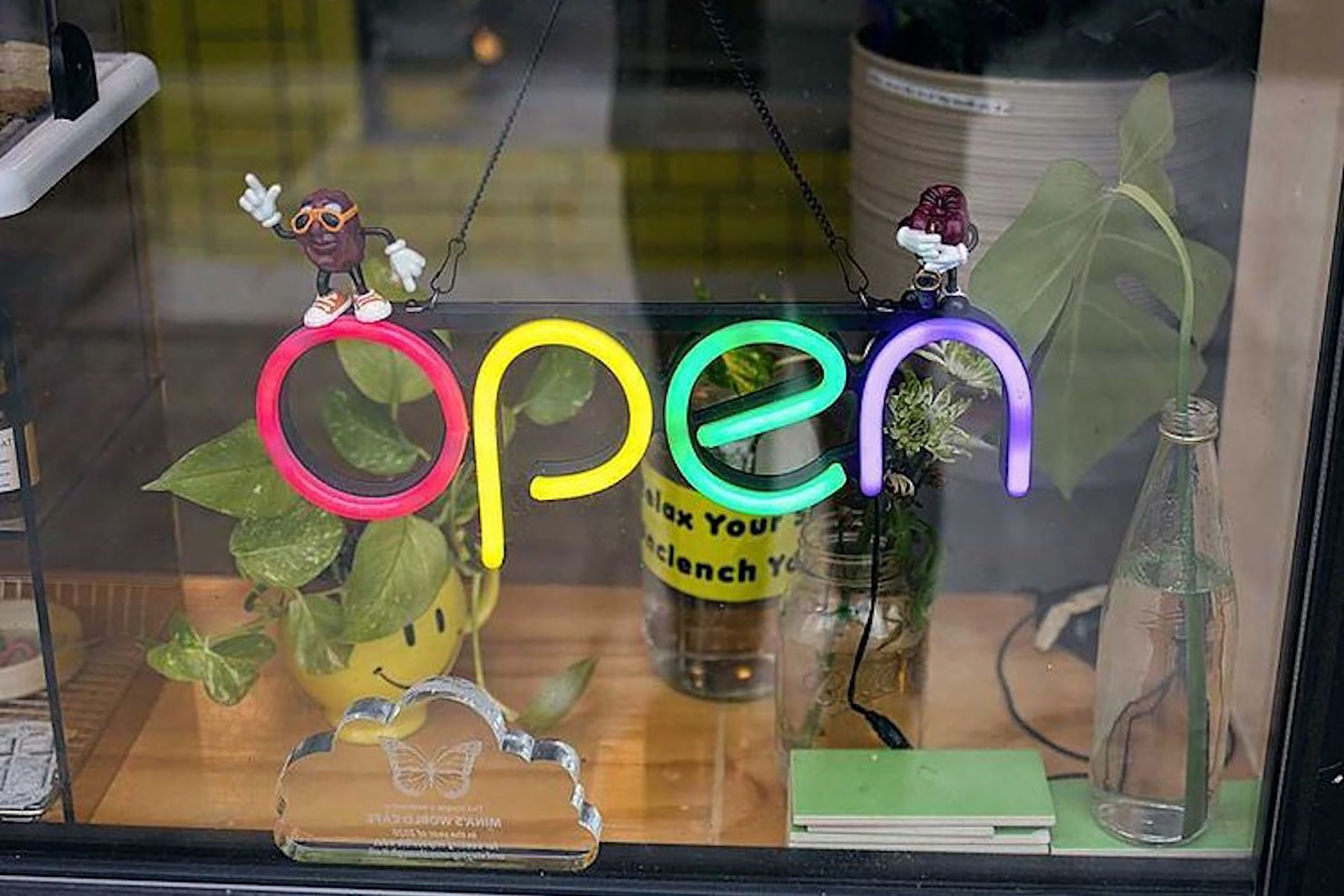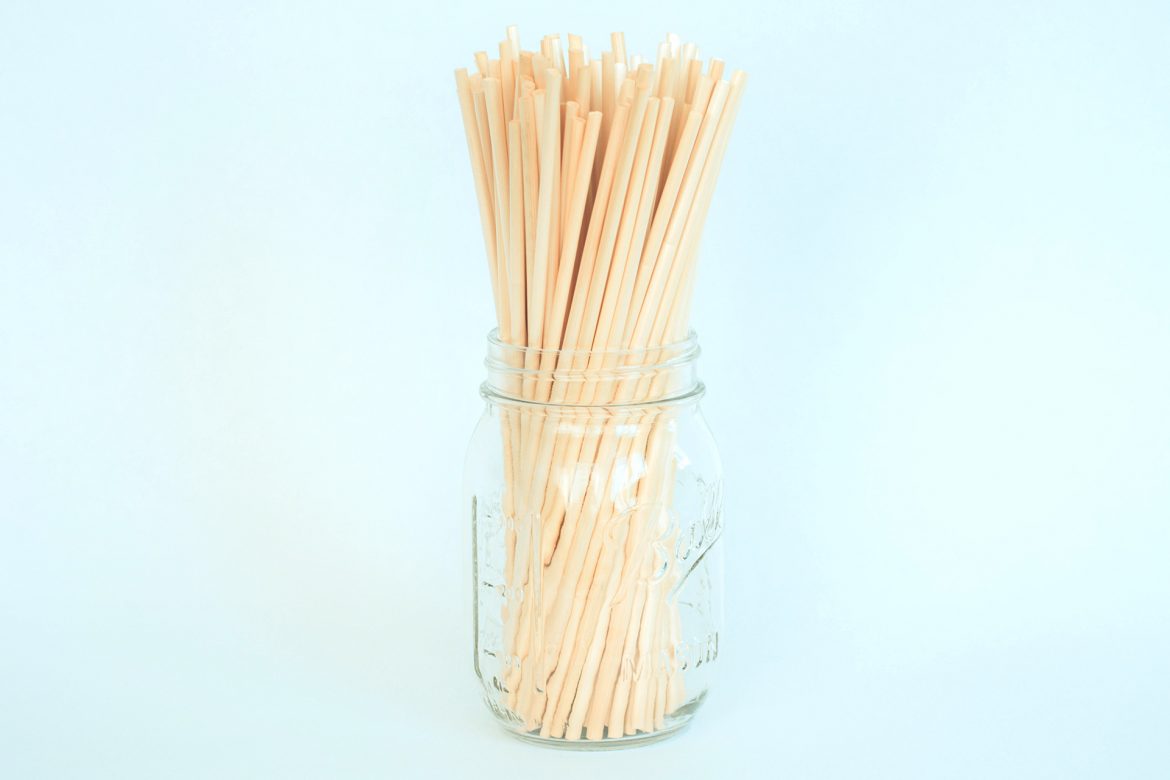
Whether you’ve worked in coffee shops or simply patronize them, it’s not rare to witness the amount of waste created.
Not only does your favorite to-go coffee spot most likely employ single-use plastic cups and straws for iced drinks, but the packaging used to ship these items to spaces is incredibly wasteful as well. According to the LA Times, “Half a billion plastic straws are used and discarded every day.”
Some lawmakers are finally taking this more seriously. So far, Malibu, Berkeley, San Luis Obispo, Seattle, Miami Beach, and Fort Myers, Florida are all cities that have banned or limited the use of plastic straws. According to The New York Times, “It’s not just happening in the United States. Scotland plans to be rid of plastic straws by 2019, and Taiwan is banning single-use plastic items, including straws, cups and shopping bags, by 2030.” Additionally, some restaurants are donning a straws-on-request-only format.
And in the coffee world, companies have emerged with creative strategies for sustainable straw alternatives.
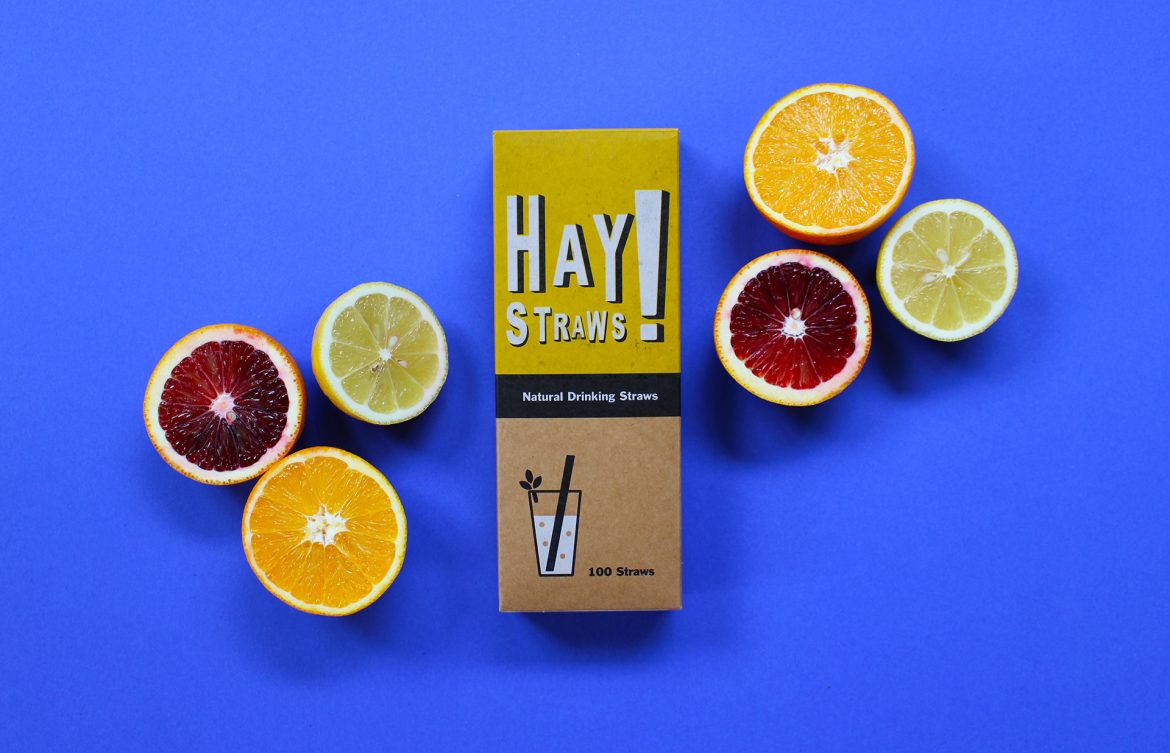
Some places such as Austin, Texas’ in.gredients is the country’s first zero-waste grocer, sell in bulk and requires customers to bring their own bags. Imagine if a coffee shop decided to operate under this model how much plastic we could save? Stores, such as Brooklyn’s Package Free Shop sell insulated coffee cups for under $20. Financially, it would be incredibly cheap business to run with onus on the customer but would obviously take a marketing hurdle to remind consumers to always have their reusable straws and cups on their person.
There are straws made out of cornstarch, hay, and even coffee grounds. Straws made by Oklahoma’s Hay! Straws are currently being used by Fair Fellow Coffee, in Tulsa, and are under experimentation by cocktail expert Arley Marks for a new menu item at New York’s Lalito restaurant. Hay! Straws are “a byproduct of wheat production. Once the wheat is harvested the stems are trimmed and made into hay for animal feed or, in our case, straws,” according to the company’s website. In May, Danny Meyer’s Union Square Hospitality Group in New York (which has an interest in Joe Coffee Company) announced that all the group’s related restaurants would eliminate plastic straws and switch to biodegradeable options in 2018.
While many new companies are creating biodegradables, few have focused the conversation around how they may potentially affect mouthfeel and flavor profiles in the coffee sphere.
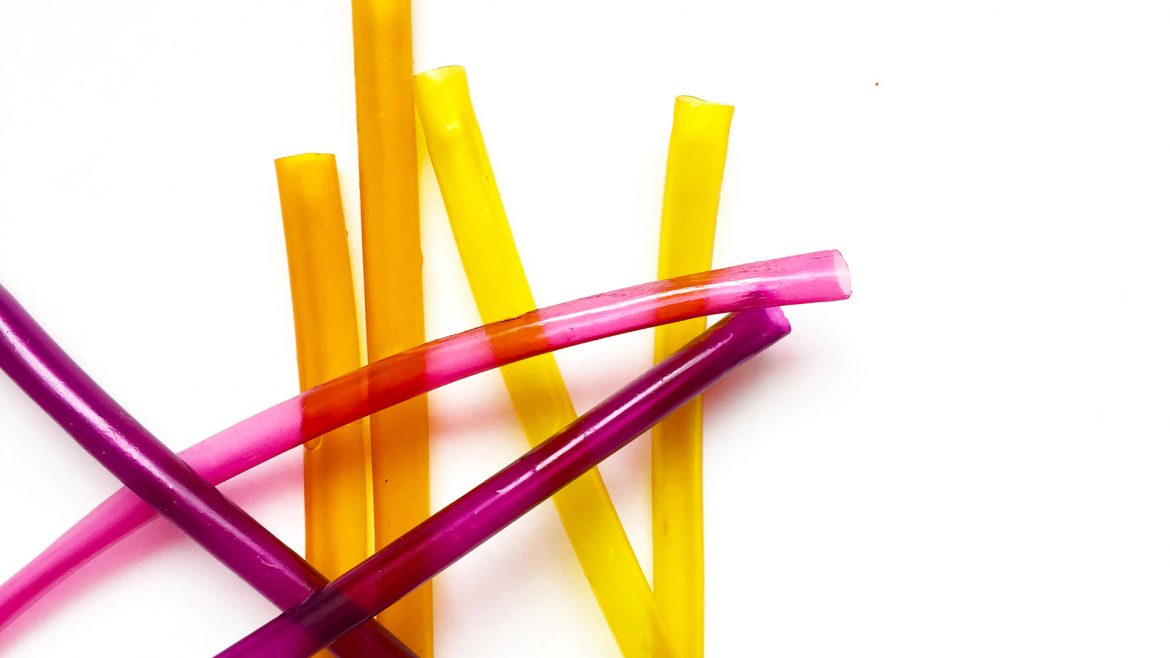
Loliware, a company originally discovered and later funded by Mark Cuban on Shark Tank, makes edible, biodegradable products under the “biodegr(edible)” portmanteau. While the company originally started with flavored, biodegradeable cups in flavors like Matcha, Yuzu Citrus, and Vanilla Bean, they’ve moved into the straw sector, seeing a new opportunity to have their products used across the beverage space, habitually.
In an interview with Fast Company, Chelsea Briganti, one of the founders of Loliware, writes, “You can imagine drinking your cold-brewed coffee with a vanilla straw or a caramel straw…We think that will really increase this movement around plastic-free, because we’re not telling the consumer, ‘hey, you can’t have your straw.’ We’re providing them a solution to the plastic straw crisis while also giving them a fun experience on top of that. It’s not about the consumer sacrificing anymore, it’s about the consumer having fun and being sustainable at the same time.”
While coffee purists might not be the target market for caramel straws, Loliware and HAY! alike have begun to infiltrate their products into the cocktail space (Loliware just rolled out a new partnership with Pernod Ricard). I’m interested to see how this could potentially develop the coffee industry as well. Not only could these products create a more sustainable (and yes, whimsical) alternative to plastics, but they also represent a new era of the coffee shop as we know it. This goes beyond the “customer is always right” code of conduct or shifting menus subscribing to the latest coffee fad. Rather, the future of coffee shops must quench the thirst for transparency for their own good—to create a sustainable generation of engaged coffee enthusiasts.
Emma Orlow is a freelance journalist based in Brooklyn, writing for Saveur, Dazed Magazine, and MOLD. This is Emma Orlow’s first feature for Sprudge.
Top photo courtesy of Hay Straws.



